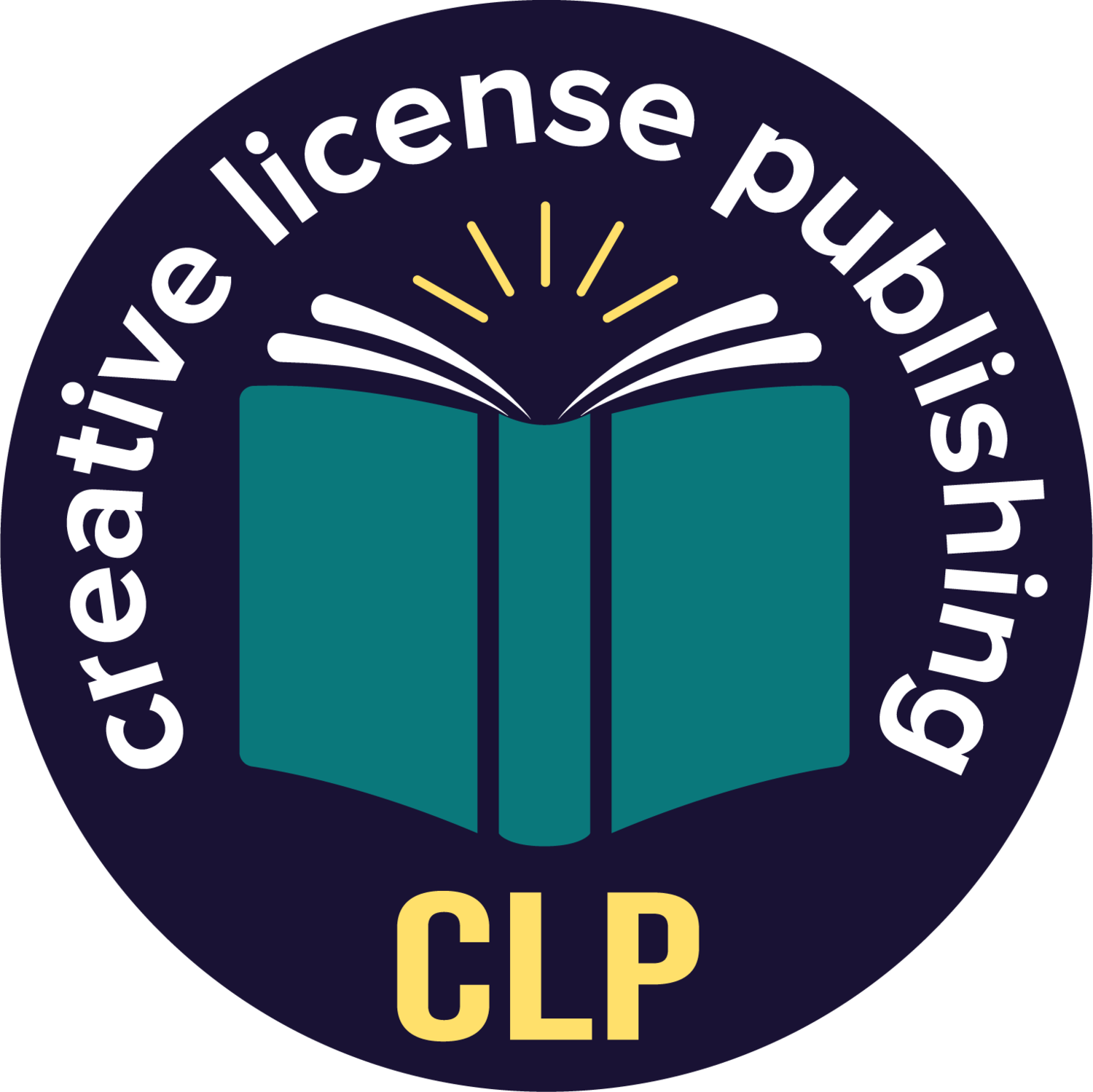Gritty Writers Get Published
Celeste Chin
When cutting words haunt me, I often recall that line from Pretty Woman when Julia Roberts says to Richard Gere, “It’s easier to believe the bad stuff.” No truer words have ever been spoken about the human psyche. We tend to remember, with distinct clarity, all the negative things others say about us, sometimes forever. Like the time my sister told me I had legs like tree trunks or when my grammar school gym teacher asked me why I wasn’t any good at sports. Yes, I can remember insults I received from as far back as the first grade and yet, I can’t remember what I had for dinner last night.
Understand that negativity is not the same as someone giving you advice or critiquing your work to help you improve. When I refer to negativity I am talking about the harsh, hurtful, doubt-planting words others can impart or the many rejections that come from agents or publishers.
For me, I always cringe when I tell someone I’m writing a book–I fear the potential negative responses. Like when a person’s face scrunches like they just smelled something foul, or they get the glazed over look of bewilderment. Both reactions almost always have the person immediately covering up by giving the overly enthusiastic, “Oh that’s wonderful!” Those closest to you can be the harshest, dishing out the sole-crushing advice of the improbability of getting published as a first-time author or that you will never make any money writing. Or my personal favorite, the ones who rattle off lists of questions disguising them as support, but you know they’re just questioning your sanity.
Do not despair, actively tell yourself, each time you head down that slippery slope of doom and gloom, that you have sole control over your own thoughts. You alone give the naysayers power when you place meaning on what they say and feel. Try this visualization: take the words others hand out, and mentally see yourself balling them up like paper and tossing them in the garbage. Be cognizant that keeping those words in your head will only damage your creativity and push you farther away from your goal. As well-known motivational speaker, Anthony Robbins says, “Repetition is the mother of skill.” So, the more you reject the negativity, the more automatic the act becomes and eventually you will no longer have to consciously tell yourself to, “Throw away the hurtful words.”
Now, if your own inner circle of family and friends doesn’t damage your emotional grit, then sending that manuscript out to agents and publishers can. That initial pro-forma reply, “Thanks, but no thanks” can slice you open and with each additional rejection, the cut grows deeper. This process can leave the toughest among us wrecked with self-doubt and minutes from throwing our work into the bottom of the closet, never to be seen again. Recently, I picked up, country radio personality, Bobby Bones’ new book, Fail Until You Don’t. In this book Bones tells a story about famed author, Stephen King. You may already know this, but I didn’t–as I am not a fan of that genre–but King got rejected 30 times for Carrie. On the thirtieth rejection he threw the manuscript in the trash. His wife retrieved it and convinced him to try again. On his 31st attempt, he was published, and it became a runaway bestseller.
Newsflash, rejection happens to all writers. The Help, by far one of my favorite books of all-time list was rejected, I believe, over 50 times, and that wasn’t close to the worst of them. Chicken Soup for the Soul got rejected around 144 times. So, when you’re about to throw in the towel: take a deep breath, keep going despite what’s stacked against you and stop absorbing the negative words of others–throw them out. Intrinsically, you must understand that writers who can successfully keep the negativity at bay will achieve their goals–it’s the gritty, stick-to-it writers that get published.
